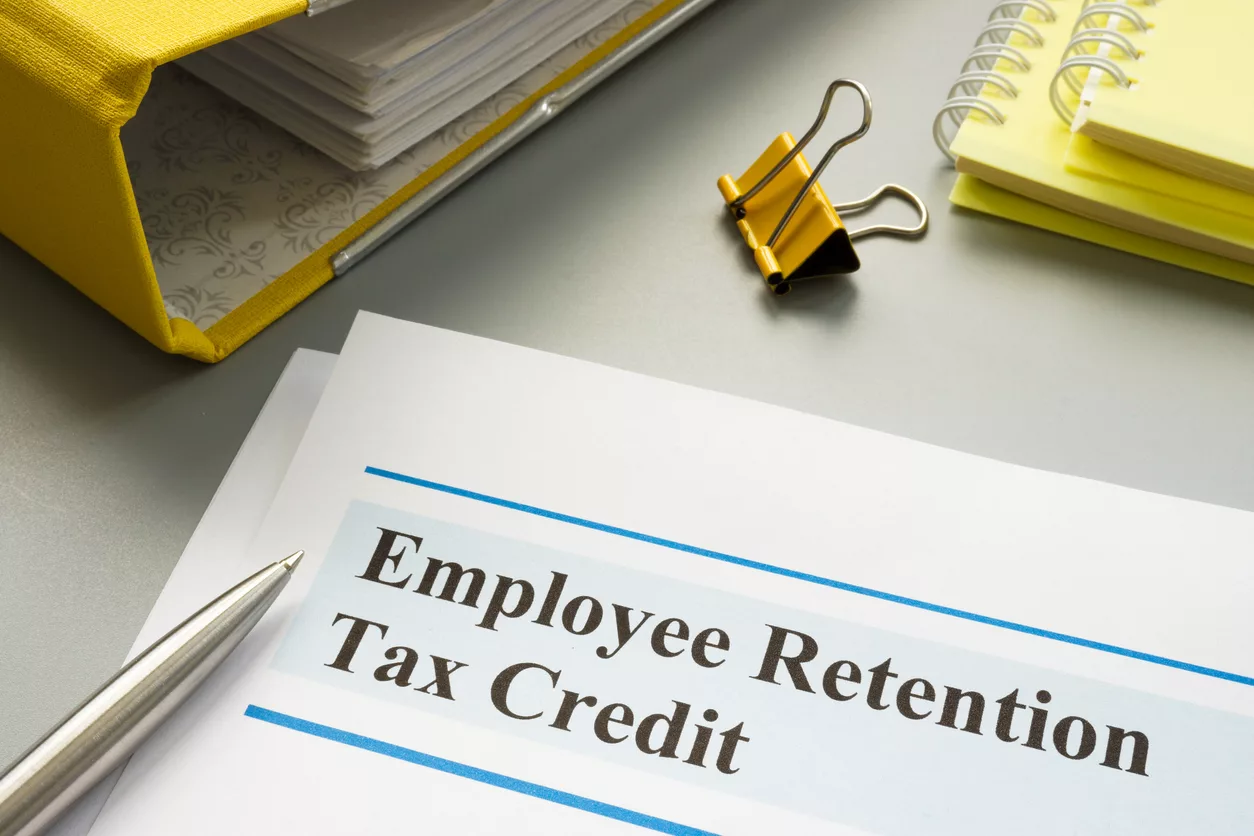Following the announcement of a moratorium on new ERC claim processing in September, the IRS has recently released further guidance for those concerned about their ERC claims.
Employers now have the opportunity to withdraw their ERC claim to avoid future repayment, interest, and penalties. Combined with the ERC moratorium, this new withdrawal program is intended to help protect business owners from widespread misinformation regarding ERC eligibility.
Currently, there are two circumstances where business owners who filed ERC claims can request a withdrawal:
- Your claim hasn’t been processed yet, and you haven’t received a refund
- You received a refund but have not deposited or cashed the check yet
What should I do if my claim hasn’t been processed yet?
Whether an ERC mill targeted you or you are unsure if you were eligible for the Employee Retention Credits you claimed, you may be eligible to request a withdrawal if your claim has yet to be processed.
If you have received Notice 6612 about an ERC audit, you may be eligible to withdraw your claim before the audit is complete.
To learn more about completing a withdrawal request, taxpayers can refer to the IRS’s official guidance on their website.
If your claim has yet to be processed and you have any doubt that you may be ineligible for the ERC claim you filed, you should contact an experienced tax attorney. A tax professional will be able to assist by reviewing your claim and determining the risk level of the claim being audited by the IRS.
Without taking advantage of the withdrawal program, the IRS could later find your claim ineligible and impose interest and penalties. The agency has stated that withdrawn claims will be treated “as if they were never filed,” and taxpayers will not run the risk of repayment, penalties, or interest.
What if I received an ERC refund but haven’t cashed the check yet?
If you have received an ERC refund and haven’t deposited the funds yet, you should hold on to the check until you can confirm that your claim is legitimate. If there’s any doubt that your claim doesn’t hold water, you may want to withdraw your claim and return the funds before running the risk of the IRS auditing your claim and potentially clawing back the funds on their own accord with penalties and interest stacked on top.
What if I was targeted by an ERC Scam and already received a refund?
Suppose you filed an ERC claim that has been accepted by the IRS and received a refund, but you are afraid you were targeted by an unscrupulous ERC provider or misled to file for credits you were not fully eligible for. In that case, the IRS will release more details later this fall to offer guidance for taxpayers in that position.
How to determine if I should withdraw my ERC Claim
The IRS is well aware of the ERC scams and misinformation that ran rampant after the introduction of the credit. They are also mindful of the complex nature of the credit that left many employers unsure if they were truly qualified for the credit. Because of this, the IRS is offering the withdrawal program as a way out for taxpayers who want to avoid future problems with their ERC claim.
In the recent announcement, IRS Commissioner Danny Werfel stresses the importance of working with a trusted tax professional to determine the next steps for your ERC claim.
It’s not too late to get a second opinion on your ERC claim. If you have any doubt that you may not be fully eligible for the credits you filed for and are qualified to withdraw your claim under the IRS’ new guidance, you should consult a professional as soon as possible.
At Wiggam Law, we’ve been keeping up with the twists and turns of ERC since day one. Our experienced tax attorneys can help you evaluate your claim and guide you through the withdrawal process if necessary. We can also help if you’ve received Notice 105-C about a disallowed ERC claim or if you want to pursue a refund claim in court.
Call us at (404) 609-1300 or complete the form below to schedule a consultation today! Reaching out for help now can help save you a potential headache later as the IRS continues to crack down on ERC claims.

